Features
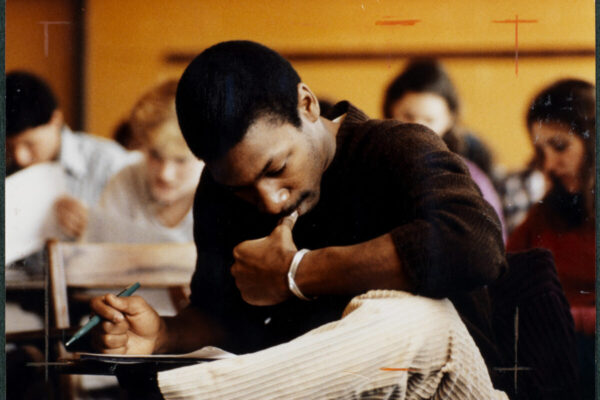
Good News About the FAFSA
The Department of Education has launched the 2025-26 FAFSA ahead of schedule, a major win after last year’s debacle. ACE President Ted Mitchell says this milestone, paired with the bipartisan FAFSA Deadline Act, is a crucial step toward expanding college access for low-income students.
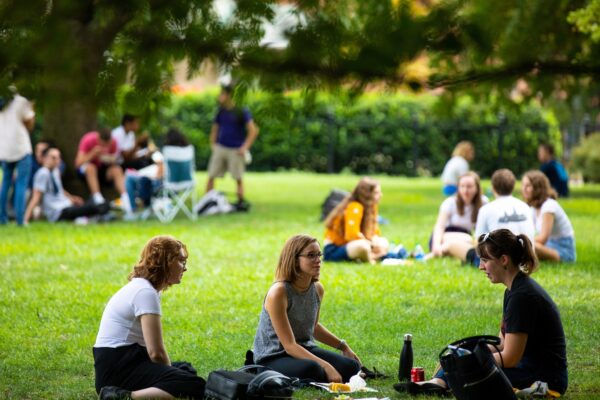
Leveraging AI to Support Student Mental Health and Well-Being
Artificial intelligence is transforming how colleges approach student mental health, offering innovative ways to manage stress, connect students with resources, and detect warning signs early. Armando Montero explores how campuses are using AI to bolster traditional support systems, as well as the challenges of privacy, bias, and the growing demand for mental health services.

Making Authentic Optimism the New Normal
Devorah Lieberman challenges higher education leaders to embrace “authentic optimism” in 2024, a leadership style that pairs hope with a realistic understanding of institutional struggles.
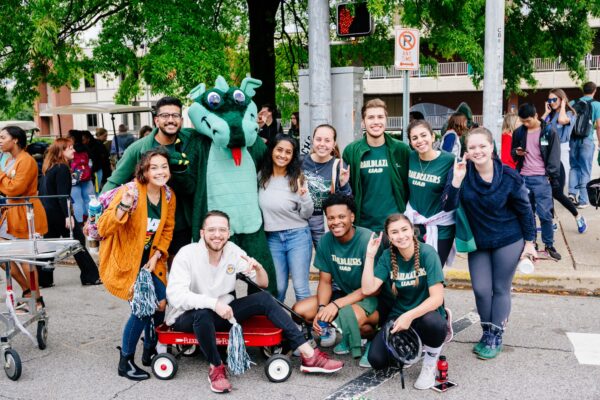
FAFSA for All: A Game-Changer for College Access in Alabama
A policy mandating FAFSA completion for all graduating seniors has transformed college access in Alabama, opening doors for thousands of low-income students. With dramatic improvements in some of the state’s poorest counties, this game-changing approach shows the power of direct outreach and challenges other states to rethink how they expand educational opportunity.
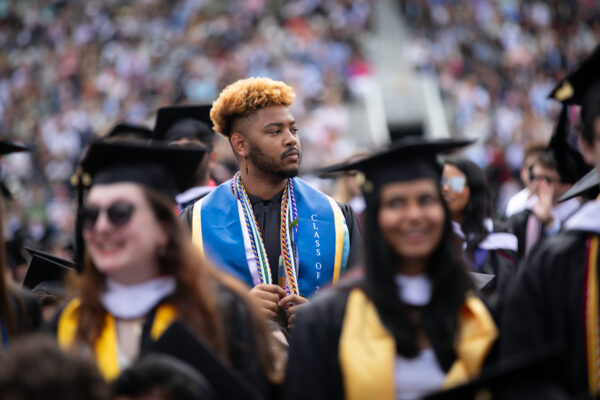
Beyond the Culture Wars: The Real Story of State Policy and College Campuses
As the national debate on higher education heats up, state lawmakers are emerging as key players. But beyond the headlines, there’s a growing opportunity for collaboration and bipartisan initiatives that strengthen communities and expand educational access. ACE’s Heidi Tseu and Katharine Meyer of Brookings look at the real impact of state policies on college campuses today, from student support and institutional mission to workforce development.

Disability and Higher Education: Insights for Campus Administrators
Colleges are shifting to better support students with disabilities, especially as Gen Z brings new perspectives post-COVID. Kara Seidel and Hollie Chessman discuss how institutions can foster more inclusive campuses by recognizing the unique challenges students face—and offer practical tips for making a real difference.
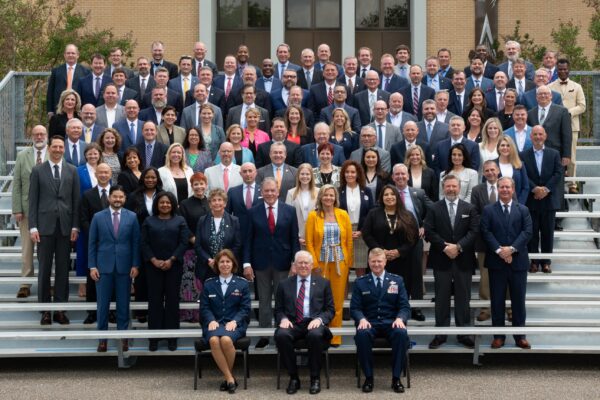
Why Higher Education Is Still Our Country’s Greatest Defense
Given all the changes in the past century, how can the higher education community leverage its strengths to do an even better job of contributing to national security? Michele Spires discusses how workforce development transcends mere job training—and why it’s so crucial now.
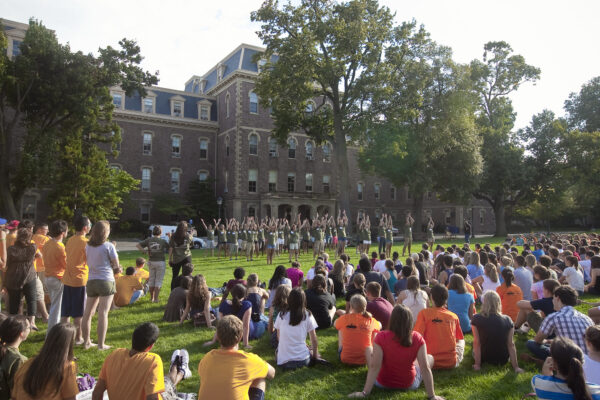
Creating and Sustaining Wellness Cultures for Faculty, Staff, and Students to Thrive
Bernadette Mazurek Melnyk and Elizabeth R. Click examine the influence of workplace culture on well-being, emphasizing the importance of campus leaders in creating supportive environments. They argue for the value of investing in wellness programs and initiatives as a way to improve the health of campus communities.
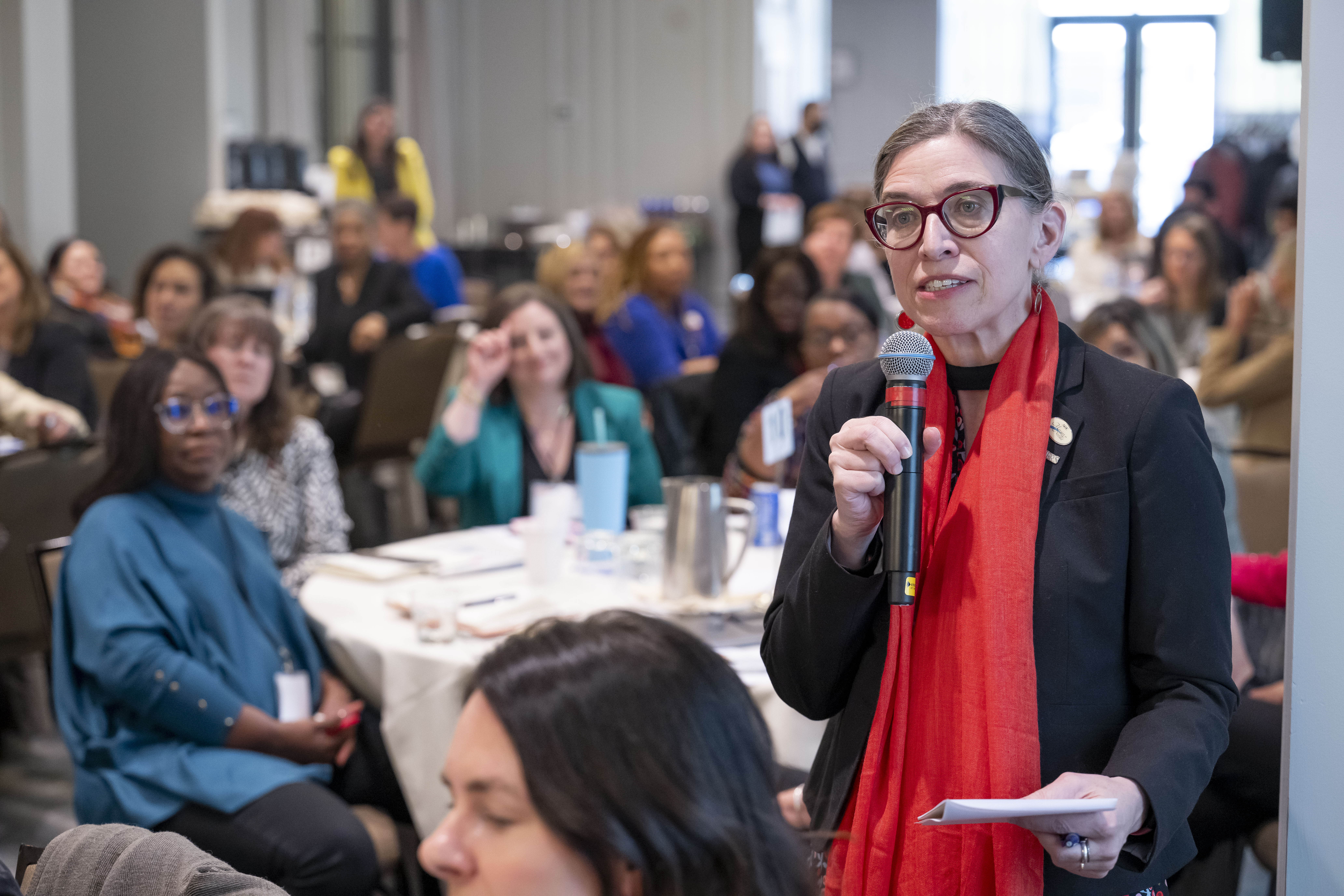
Beyond March: Supporting Women on the Path to the College Presidency
Amidst the flurry of acknowledgments and celebrations we see every March during Women’s History Month, Devorah Lieberman writes that there’s a deeper conversation to be had about how we support women on their professional journeys in higher education.
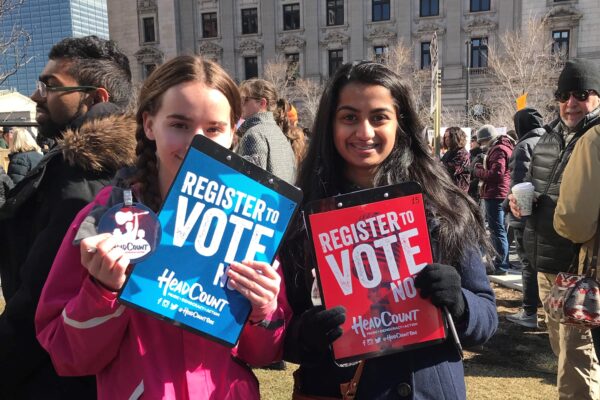
Cultivating a Culture of Civility and Meaningful Dialogue on Campus During Elections
Drawing on her experience as president of the University of La Verne during active political campaigns, Devorah Lieberman offers strategies to equip students with essential skills that help foster civil discourse and build a thriving campus community.

Beyond Crisis Management: How Presidents Can Create a Campus Where Everyone Belongs
Despite the media narrative of division and unrest, many colleges across the country are focused on building thriving communities where everyone belongs. Devorah Lieberman explores how presidents can create that environment by providing access to essential needs and empowering students to succeed.
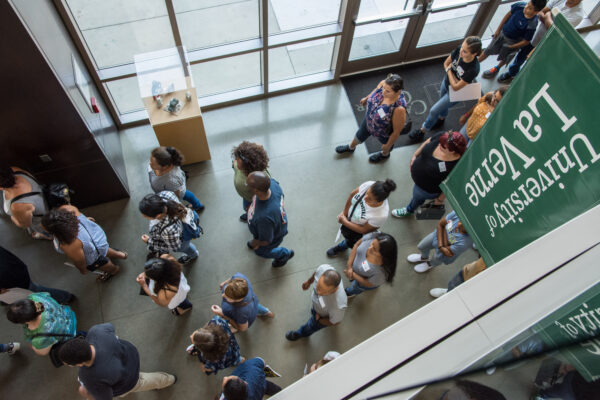
The College President’s Role During Times of Crisis
As 2023 draws to a close, Devorah Lieberman, the former president of the University of La Verne, offers a roadmap for college and university presidents on how to support students, ensure campus safety, and foster a climate of tolerance during national and global crises.